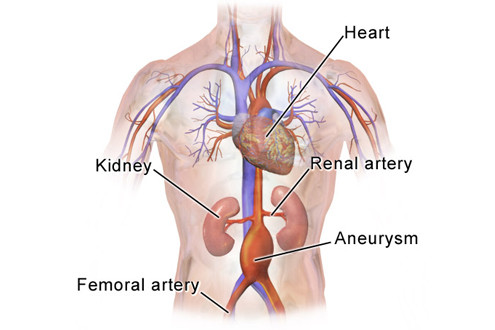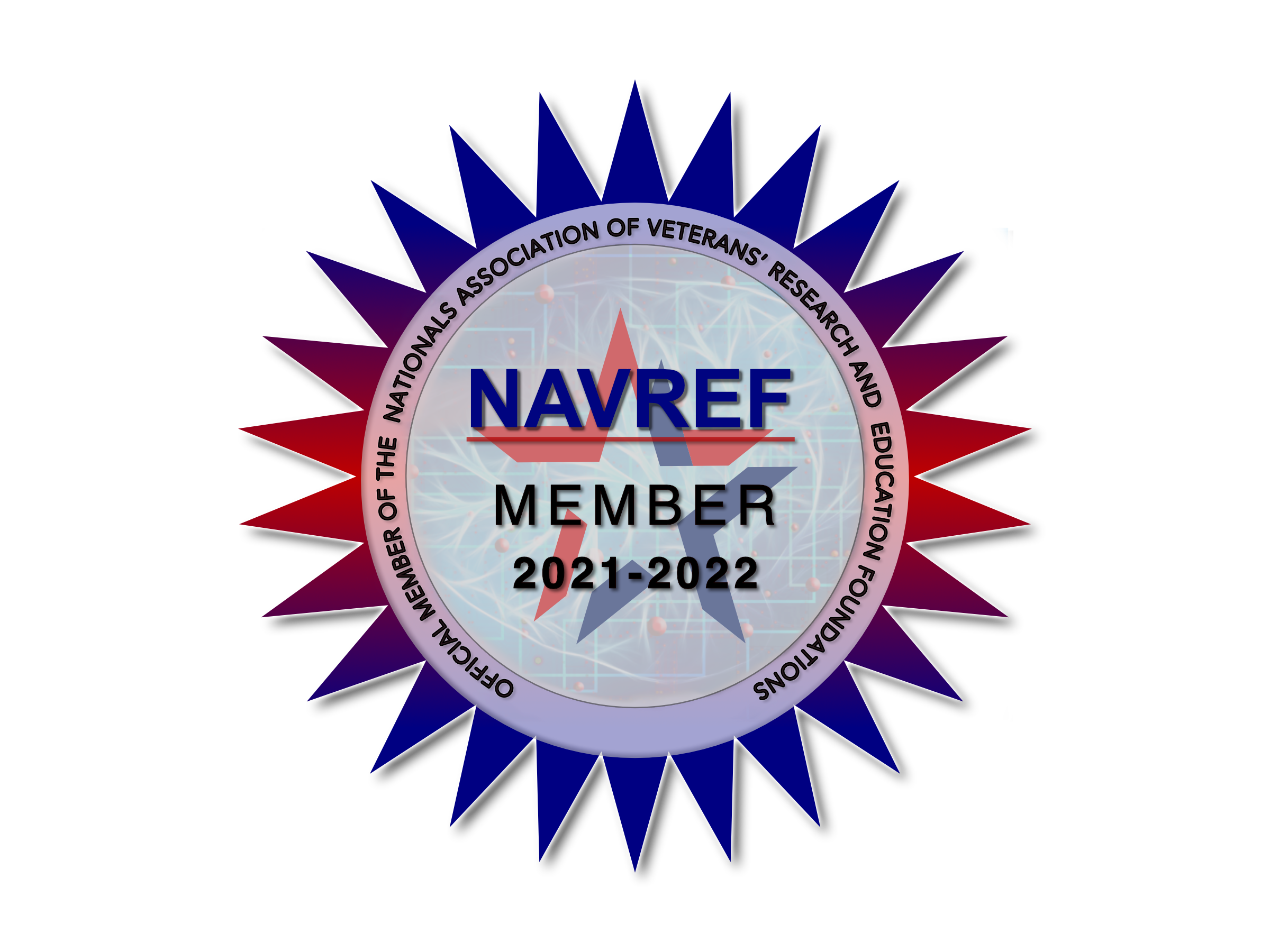Smokers and nicotine-users could be at risk for abdominal aortic aneurysm, and might increase risk in their children too.

Nicotine and aortic aneurysm, a cross-generational problem?
Abdominal aortic aneurysm (AAA: an abnormal enlargement of the aorta, the body's main artery) is both common, and extremely lethal, impacting more than 68,000 of our nation’s Veterans. Cigarette smoking not only increases an individual’s risk for developing AAA, but may also cause biological changes that increase the likelihood of that individual’s offspring developing an aneurysm. This is also apparently true for exposure to nicotine. Dr. Spin and colleagues are investigating how this occurs, and to what extent.
Smoking is one of the most important risk factors for the development of AAA, and over 90% of individuals diagnosed with AAA are either current or prior tobacco users. Nicotine is one of most crucial chemical constituents of tobacco smoke and e-cigarettes, and Dr. Spin and his collaborator Dr. Tsao have found that it is also capable of boosting aneurysm formation in animal models. In fact, it appears that exposure to nicotine can increase aneurysm formation in the children of exposed mice.
How does this happen? It might be due to changes that nicotine can make in DNA; not necessarily to its sequence, but to other control mechanisms, including special chemical modifications that can silence or activate genes. Environmental toxins like smoke and nicotine can alter these “epigenetic” marks in humans, potentially increasing disease risk in the next generation and even beyond. Dr. Spin and his team are probing animal models and cells in culture to try to discover the mechanisms behind this process, with the goal of someday finding treatments that may limit AAA growth, and exploring both the short- and long-term dangers of nicotine.
This work is funded by the Tobacco-Related Disease Research Program (TRDRP) of California through their High Impact Pilot Research Award, Grant #26IP-0041. Information on the TRDRP is at http://www.trdrp.org.


